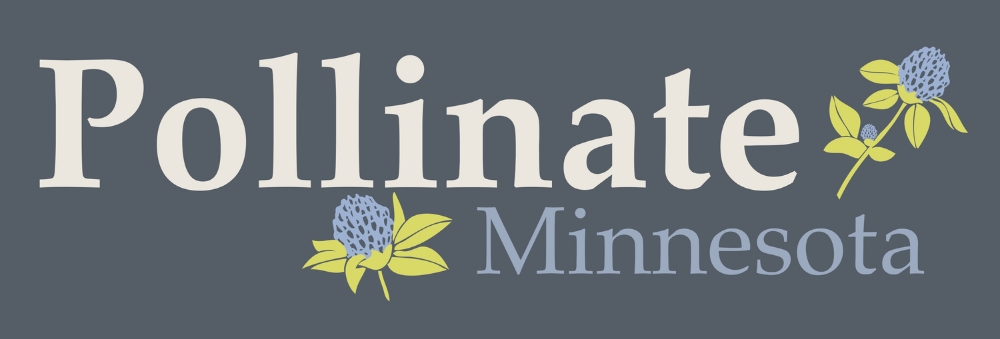Challenges for Bees
It’s hard to be a bee these days for a number of reasons. We know that bees are struggling because they don't have enough food to eat, because there aren't enough flowers in ecosystems. Planting flowers and increasing foraging areas helps. We know that the varroa mite weakens bees, and research on how to treat and manage for varroa is of critical importance to bee health. We also know that pesticides are toxic to bees- and the systemic pesticide class, neonicotinoids, which bees are exposed to through nursery practices, homeowner use, and agricultural seed coats, are acutely and sub-lethally toxic to bees. Combined these things make it very hard to be a bee.
Public Concern for Bees
As honeybee educators and advocates, we talk to people everyday about who bees are and what's going on with them. We see people in classrooms, work retreats, churches, the farmers market, in bee suits working hives with us. People care about bees and are concerned with their future. This concern directs the way they live, the choices they make and their future decisions. It’s an environmental issue that we, as Minnesotans care about deeply. While it is exciting to see the number of people from different walks of life who have come together for our pollinators, we need more than individuals doing what they can, choosing with their hearts, their dollars, and their trowels to help bees. We need your help.
We see ourselves as connectors. There is amazing work within our state, nationally and internationally on this issue. We work in a community of other advocates to do this work.
We want to share those tools with you. Check back- starting soon, we'll be updating this page with tools to connect you to ways to make Minnesota better for pollinators and people.

